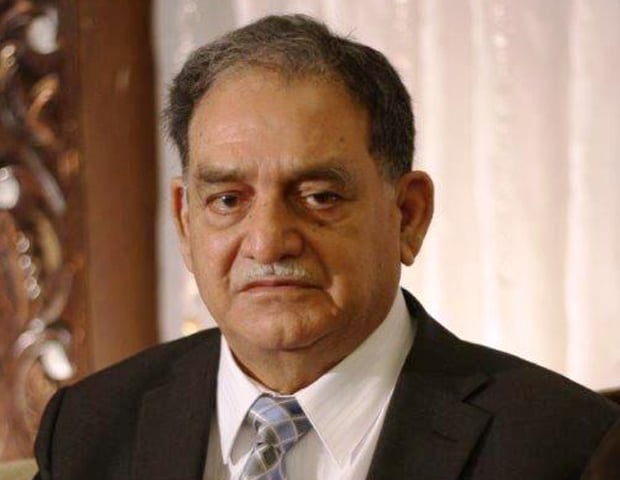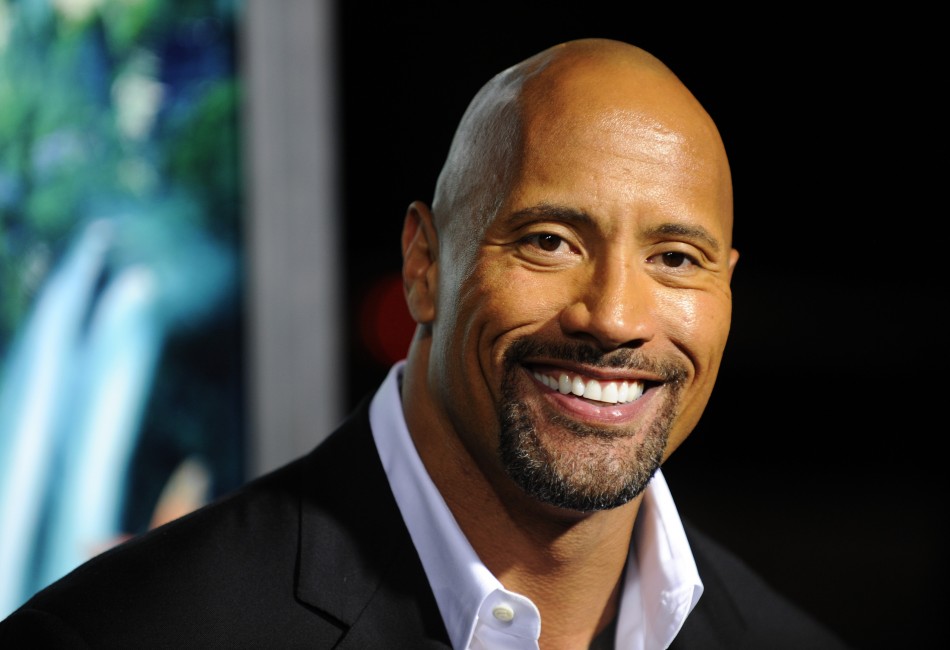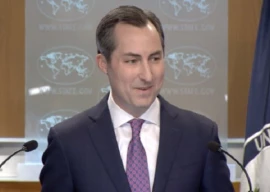
Dawood Family Takaful CEO Rizwan Ahmed Farid has said the Islamic insurance industry will not strike a deal behind closed doors over the controversial Takaful Rules 2012.
Speaking to The Express Tribune in an interview, Farid said Takaful companies will not withdraw their constitutional petition against the Securities and Exchange Commission of Pakistan (SECP), 26 conventional insurance companies and the federation of Pakistan unless their concerns about Shariah compliance are fully addressed in the new set of Takaful rules.
Takaful Rules 2012 allowed conventional insurance companies to set up window Takaful operations. However, in response to a petition filed by Takaful companies, the Sindh High Court (SHC) issued a restraining order against the imposition of these rules on August 2, 2012. This temporarily bars conventional insurance companies from setting up Takaful windows until the issue is settled in court.
Farid was reacting to a news story published in The Express Tribune on November 2, which said Takaful companies were trying to negotiate an out-of-court settlement with conventional companies that would likely leave the window provision intact in the final set of Takaful rules.
“It is true that the chief executives of all Takaful companies met the SECP’s commissioner of insurance a few months back to discuss this issue. We put forward five specific demands which, in our opinion, will make Takaful Rules 2012 Shariah-compliant,” Farid said, adding that opposing parties in a legal battle always try to seek an out-of-court settlement.
The first and foremost demand that the CEOs of all five Takaful companies of Pakistan have made is about the paid-up capital requirement. Takaful Rules 2012 do not envisage separate paid-up capital for Takaful operations if a conventional insurance company decides to set up a window for Islamic business.
Farid says that implementing Takaful Rules without ensuring a clear separation of paid-up capital for two kinds of businesses will result in the mingling of funds, thus making the entire exercise un-Islamic.
Currently, the minimum paid-up capital requirement for general and life Takaful/insurance companies is Rs300 million and Rs500 million, respectively. “We’ll have no objection even if the regulator lowers the requirement to Rs50 million. All we ask is that conventional and Islamic businesses should be conducted under separate legal entities,” Farid said.
Secondly, Takaful players have demanded that the SECP must require conventional insurance companies to maintain a distinct separation in their Islamic and conventional operations. In this regard, Farid cites the example of the State Bank of Pakistan, which allows regular banks to set up stand-alone, dedicated branches to run Islamic operations that are independent of their non-Islamic operations.
The next demand of the Takaful companies is about the implementation of the original draft of Takaful Rules 2012, which was agreed upon by all stakeholders. Farid claims that the draft was discarded by the SECP unilaterally before it promulgated Takaful Rules 2012 in their current form.
However, in an earlier interview with The Express Tribune, SECP’s then chairman Mohammad Ali stated that the regulator held constant consultations with all Takaful players before issuing Takaful Rules 2012.
Takaful companies also demand that the constitution of a Shariah supervisory board be made mandatory under the new regulations if a conventional company decides to establish a Takaful window. In their current form, Takaful Rules 2012 mandate that a conventional insurance company planning to set up Islamic window operations must appoint a Shariah adviser, who will follow the central Shariah board constituted by the SECP. In contrast, each Takaful company is required to have its own Shariah board with a supervisory, not advisory, role.
The fifth and last demand of the Takaful companies pertains to the imposition of the solvency margin requirement on all companies running Takaful window operations in order to ensure financial soundness in the Islamic insurance industry.
“There will be no compromise over Shariah compliance issues. We are not seeking any kind of muk-muka,” Farid added.
Published in The Express Tribune, November 15th, 2013.
Like Business on Facebook, follow @TribuneBiz on Twitter to stay informed and join in the conversation.
COMMENTS (1)
Comments are moderated and generally will be posted if they are on-topic and not abusive.
For more information, please see our Comments FAQ
1732603002-0/lamar-(4)1732603002-0-405x300.webp)
1720420084-0/brad-pitt-(2)1720420084-0-165x106.webp)



1732607286-0/Untitled-design-(2)1732607286-0-270x192.webp)

1732600231-0/BeFunk_§_]__-(50)1732600231-0.jpg)









Bravo Mr Farid.